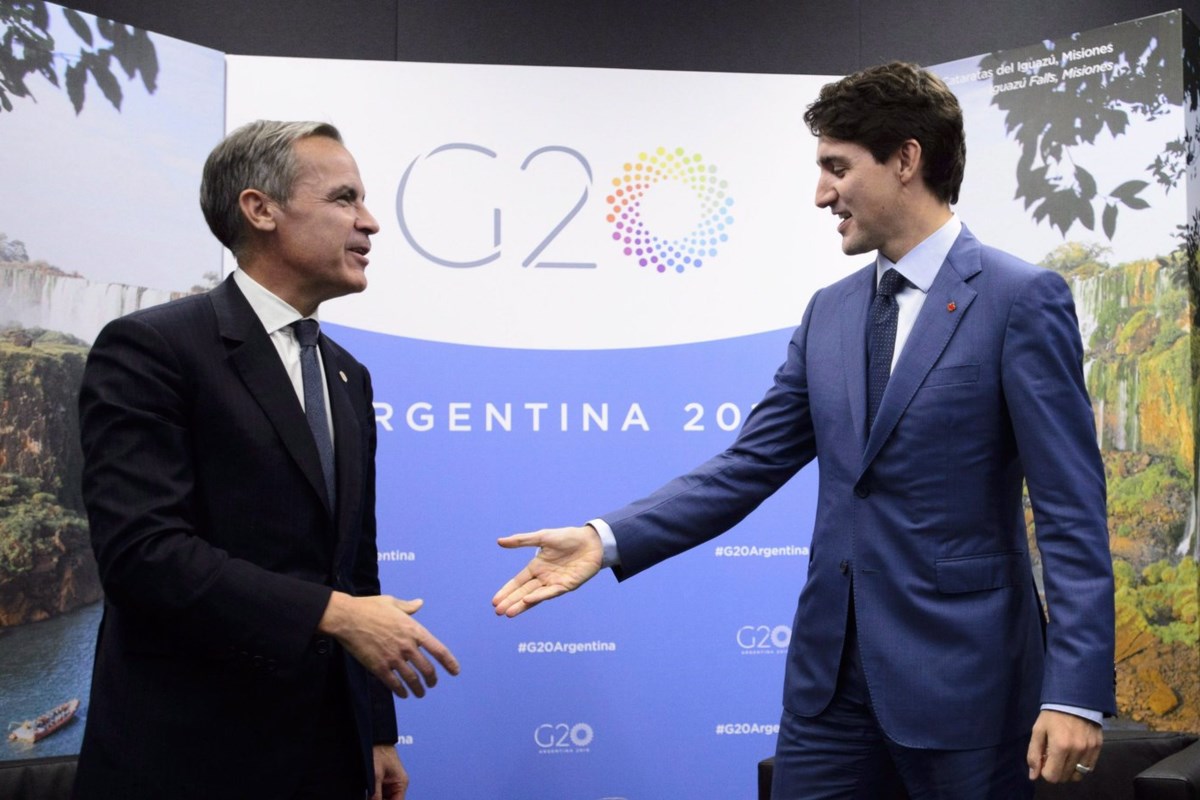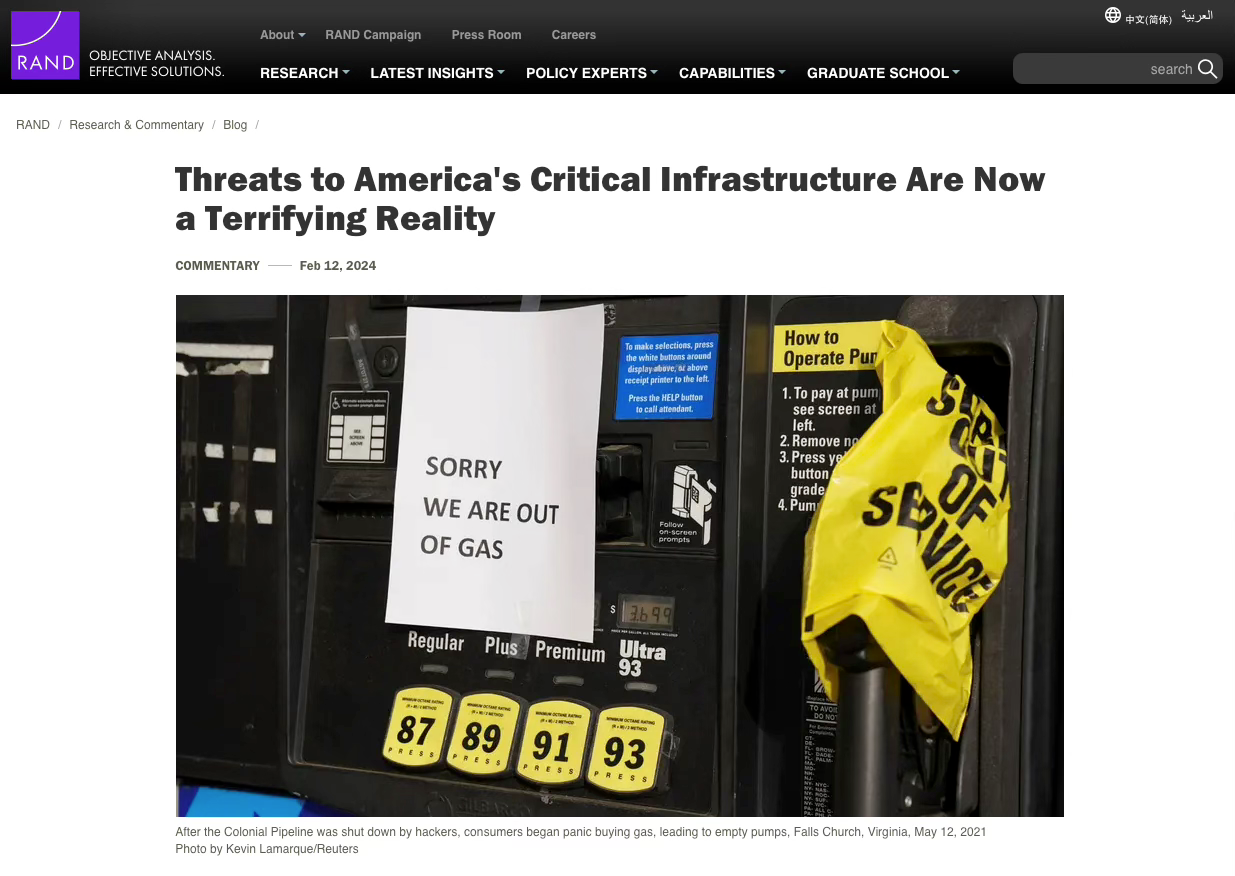Written By B.J. Dichter, Posted on September 18, 2024

My bank accounts and credit cards were frozen simply for holding opinions that differed from what the Canadian government bureaucracy deemed “unacceptable views,” as Justin Trudeau described them. This is the extreme framework in which the fledgling Trudeau regime operates. Despite Justice Mosley’s ruling, they have yet to face any financial or legal consequences.
We may, however, be on the verge of witnessing the same ‘switch and replace’ strategy used to quietly erase Joe Biden from the long-term memory of potential Democratic voters—an effort that could become the greatest act of misdirection since Hugh Jackman’s portrayal of Robert Angier in The Prestige. Concerningly, the same team of strategic management consultants behind these strategies are deeply embedded in both the Liberal Party of Canada and the U.S. Democratic Party. This phenomenon is a natural byproduct of the globalized political consulting and strategic management industries, where playbooks are shared and tactics are applied across borders.
The parallels between the two parties’ strategies are not coincidental. The network of political advisers, consultants, and lobbyists knows how to reframe public perception—how to elevate some figures while allowing others to fade into obscurity. (I will discuss the specific tactics in a future article, as I have seen them from the inside.) Joe Biden, once touted as the Democratic Party’s “unifying force” while they fawned over him slobbering over his ice cream, struggling to form a coherent sentence, has been “erased from existence,” much like Marty McFly’s siblings. Will this be the fate of Blackface Trudeau’s legacy?
Enter Mark Carney, recently added to the Trudeau team as an economic advisor, a man who allegedly forgot secret documents in a taxi—or, as the historical rewrite by the legacy media and political establishment framed it, “stolen from his car.” Remember, “who controls the past controls the future, who controls the present controls the past.”
Much like Blackface Trudeau (I will forever call him that for unlawfully freezing our bank accounts), Mark Carney shares the identical worldview. However, unlike our current lame-duck Prime Minister, Carney is polished, charismatic, likable, and can answer questions without relying on a memorized script. He’s the quintessential smooth-talking, charismatic snake-oil salesman or CBC pundit. The distinction is objectively negligible.

Many people living in western countries view the world through a Hollywood-movie lens. The bad guys are easy to spot—scary and intimidating. In reality, it’s the opposite. In the real world, the nicest person in the room—the most charismatic, successful individual everyone wants to meet and do business with—is often your narco, your mafioso, or the person funding ISIS. In reality, the bad guys are not covered in sleeve tattoos, dragging their knuckles along the motorway on a Harley-Davidson. The villain, the truly evil person, is often the nicest guy in the room. Kindness, charisma and philanthropy act as a cloak, which is why they remain successful for so long. If you want to find someone truly dangerous, look at who sits on the board of advisors at your local hospital or charity.
Now, I’m not saying Mark Carney is a bad person, but he is philosophically dangerous—very dangerous to those of us who, as objectivists, are concerned about increasing government encroachment and authoritarian technocratic control over our lives. Carney has held prominent positions at both the Bank of Canada and the Bank of England. He’s a Keynesian economist, the polar opposite of Javier Milei, who managed to balance Argentina’s budget in just three months—a budget once deemed impossible to balance. Carney’s background and controversial relationships make him the perfect figure to push Canadians into endorsing Central Bank Digital Currency (CBDC)—something Canadians overwhelmingly oppose, according to the government’s own polling. While I’ve long maintained that a CBDC is highly unlikely, Carney could be the snake-oil salesman who convinces liberals to adopt it into their policy guide for a future Liberal leader, should he fail in his bid for public office. His Bank of Canada credentials give him a false sense of credibility, enabling him to usher in this potential doomsday scenario.
What restrictions could a centralized digital currency, programmable on the fly, lead to? Do you want to pay your neighbour’s daughter $50 to babysit your kids? The government will see that transaction. Want to give your child an allowance? The government could restrict it in real time. Say something the government doesn’t like? They could void your money with the stroke of a key.
The centralized nature of a CBDC also makes your money vulnerable to hackers or state actors, potentially allowing them to steal all your savings. According to the U.S. government, risks to critical infrastructure are a terrifying reality—so why not add everyone’s wealth to the list of critical infrastructure risks? What could possibly go wrong?

To be fair to Carney, proponents of a CBDC and his worldview might argue that accounts can already be frozen. However, they’re unlikely to cite the Canadian Trucker Convoy as an example, given the PR disaster it became, despite what the CBC tells its viewers. The current private banking system has built-in legal friction—it’s not easy to freeze bank accounts. It requires legal cause and political capital, the latter of which Trudeau exhausted during the Trucker Convoy, resulting in his lame-duck status. A CBDC would eliminate these barriers, allowing money to be voided instantly. It’s like giving the government access to the cash in your wallet, with the added ability to delete it for any reason at any time—a dystopian tool unimaginable just a few decades ago.
What happens if you forget something at the cottage and drive beyond your allotted carbon limit? A CBDC could restrict your ability to buy fuel for a week, or maybe even a month, if climate hysteria escalates. Imagine trying to buy supplies to renovate your balcony, only to learn you’ve exceeded your carbon limit. Worse yet, you might be denied the ability to rush a loved one to the doctor in an emergency—this is where it leads.
What about inflation? We’ve all seen prices double in just a couple of years across many sectors of the economy. If the government faces a cash shortfall or an economic crisis, they could double the money supply with the stroke of a key, causing the price of your morning Starbucks to skyrocket from $5 to $100. Typically, the effects of monetary policy take 18 months to manifest but could a CBDC enable instant inflation, opening the door to massive instability? I say, why take such an extreme irreversible risk with a CBDC. While I’m not suggesting we’ll be passing around pieces of paper to transact in a few hundred years—we barely do that now—a CBDC form of digital currency is not the path forward for digitizing our money supply. (This is where my friends reading this are screaming, ‘Bitcoin!’ and yes but that’s a conversation for another time.)

What rationalization could someone like Mark Carney offer? Unlike Blackface Trudeau, Carney is educated, intelligent, and seems reasonable. He’s not a chaotic, discombobulated mess of Roomba software bugs aggressively chasing your cat for no reason.
For those in law enforcement, private security services, intelligence, finance, and politics, the logic seems simple: for counter terrorism, human trafficking, and drug smuggling, cut off the funding. Cutting funding has become the go-to tool for governments in the digital age—”cut the head off the snake,” as is often said behind closed doors. To most, it seems reasonable and effective, but even if the government were not grossly incompetent, are we willing to sacrifice the last bit of freedom remaining? Are we prepared to slide into a dystopian nightmare that would make Robocop seem like a classic Disney movie? I caution that the answer should be a hard NO, for one simple reason: we still have to remain human. We need the freedom to take risks and to be creative. With freedom comes danger, but we can combat terrorist cells and criminal organizations without sacrificing the creative souls of the 99% of law-abiding citizens. Send them some pagers and leave the rest of us alone.
For those of you who trust Steven Pinker’s thesis in The Better Angels of Our Nature, you’ll agree that we live in the most peaceful and privileged time in history. And how did we get here? Through excessive authoritarian restrictions, or through hard work, sacrifice, and the freedom to explore and innovate? Freedom is the seed that has allowed us to grow a safer world, unlike the recent authoritarian restrictions that are ushering in an era of chaos.
The political class wants us to believe in a binary frame: liberals bad, conservatives good or vice versa. However, this rhetoric is destroying our civilization. Our opposition’s motives aren’t always malicious; sometimes, it’s simply a lack of understanding of human motivation—a common flaw among bureaucrats and the political class. Malicious or not, parachuting Mark Carney into the Liberal Party to replace Blackface Trudeau, as has been the plan for some time, will only accelerate Canada’s decline.
It is unhealthy to subscribe to the binary view of purely good and bad leaders. Instead, I believe there are leaders who are right for their time. The Carney doctrine, rooted in restrictions and surveillance, is antithetical to the human experience and will lay the groundwork for a CBDC and a truly dystopian future. It will also accelerate the negative cynicism and chaos of the current era, fuelled by a political class that escalates every situation negatively whenever grievances are expressed—something that desperately needs to stop.
As I said in my prepared statement on Dr. Jordan Peterson’s podcast, “We would also ask the political class and the media to tone down their rhetoric. The era of indiscriminately labeling citizens with pejoratives or as racists needs to end. We need open dialogue and mutual respect, but we cannot achieve this if our political class continues to behave in an unparliamentary manner while the legacy media attacks the very people they are supposed to serve. The unifying goal of all Canadians is to return to a normal, free life, regardless of political affiliation. Now is the time. The first courageous step would be for the federal government to remove these divisive mandates and stop data tracking our citizens so we can heal together. Peace, love, and unity should be the future of the Canadian identity. Let’s inspire the world to follow us on this journey of enlightenment.”
This appeal for hope also extends to the nice guys in the room.
Order Now!
Honking For Freedom – The Trucker Convoy That Gave Us Hope HonkingForFreedom.com
Twitter | Locals | Rumble | Instagram
www.BenjaminjDichter.com
Author Honking For Freedom, Podcaster, Speaker, Trucker #FreedomConvoy Spokesperson. #Bitcoin http://HonkingForFreedom.com | http://BenjaminJDichter.com
Very well presented. Every quote was awesome and thanks for sharing the content. Keep sharing and keep motivating others.